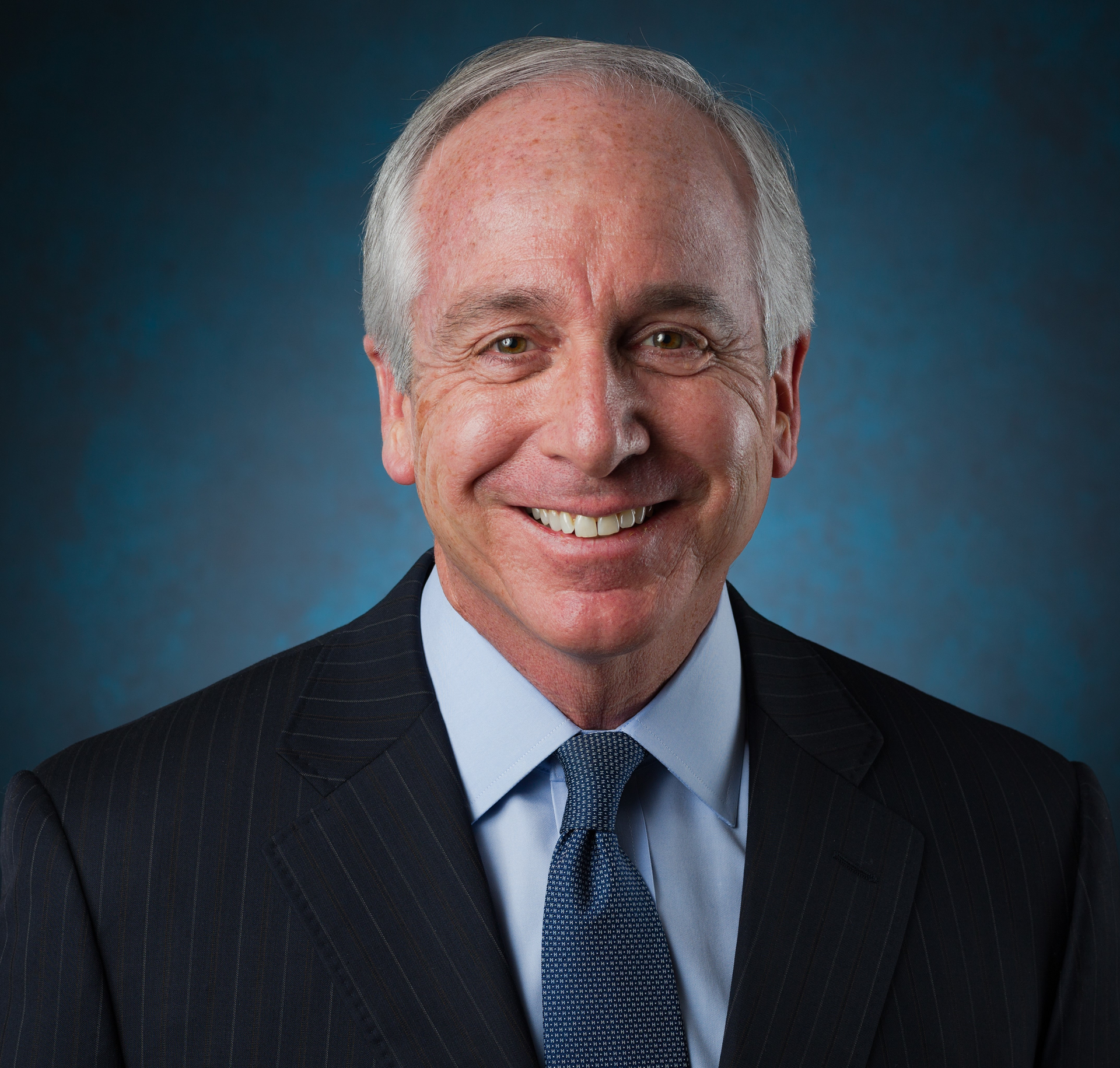In 2020, public accounting firms will face two critical challenges when it comes to attracting and retaining top talent: continuing talent shortages and the changing expectations of top candidates.
According to findings featured in Robert Half’s 2020 Accounting & Finance Salary Guide, a good way to meet these challenges may lie in redesigning employee perks and benefits packages. If your firm finds it difficult to attract top talent or retain them over time, it may be worth reevaluating what you’re offering to ensure that what brings workers in the door also encourages them to stay.
In the public accounting field, talent shortages over the past few years have led companies to offer higher pay and additional perks, all of which serve to attract top talent, but don’t always help retain them. When entry level employees then leave, firms find their investment in onboarding and valuable institutional knowledge ends up benefiting competitors instead.
In response, your company needs to look beyond recruitment to retention when redesigning benefits packages by adding perks and incentives that meet the expectations of today’s top talent.
What Does a Top Candidate Look Like?
Beyond traditional requirements for education, accounting skills, professionalism and work ethic, today’s public accounting firms expect their best employees to have solid soft skills along with technological acumen.
They must be collaborative, adaptable, and have excellent verbal and written communication skills. As the field continues to adopt advanced technological processes and systems, breadth and depth of technology skills is also highly valued, such as aptitude with cloud-based systems, data analytics, ERP systems and industry-specific software.
What motivates these high performers to remain with an employer is also seeing a shift, driven primarily by desire for a corporate culture that promotes work-life balance. Of the 2,000 workers surveyed, three of the top six perks valued by employees were directly correlated to work/life balance: Flexible work schedules and/or telecommuting so they can spend more time with their families (50%); Paid parental leave (47%); Paid Time Off for volunteer activities (32%). The other three are financial incentives: Employee discounts (42%); Company subsidized meals/snacks (35%); Matching gifts donations (29%).
Strategies for Redesigning Benefits Packages
According to the 2020 Salary Guide survey, the most common elements employers offer as the foundational components to their benefits packages are: Health Insurance (81%), Paid Time Off (76%), Dental (71%), Retirement Savings Plan (65%) and Vision (63%).
But firms seeking to update benefits packages, perks and incentive offerings may want to focus on the three areas that resonate most with today’s top candidates: wellness, advanced education and financial incentive programs. While holding demanding jobs in the accounting field, professionals also want to pursue health-related activities and continue learning.
1) Wellness Programs
Beyond healthcare, wellness programs are an add-on seen as highly valued by employees. These include programs addressing physical health, mental health, and financial health. They can be structured in several ways: employer-funded, employee-funded, and shared costs. A great number of firms have already wised up to these desires: Of those surveyed, 63% of companies offer physical wellness programs; 74% offer mental wellness programs; and 64% offer financial wellness, or retirement planning, programs. In particular, employees value:
- Access to fitness facilities, whether onsite or offsite, fully-funded, partially-funded or discounted memberships negotiated with gyms;
- Ergonomic evaluations and equipment, which are particularly valuable in the field of accounting given the sedentary nature of the work;
- Wellness incentive activities, which can be tied to annual review, inhouse competitions resulting in team prizes and individual prizes.
2) Advanced Education and Training
Firms stay relevant and competitive when they invest in their employees by funding advanced certifications and credentials, as well as their participation in technology and management training programs. Employers who did so experienced a 41% increase in productivity and 30% improved retention among newer and long-term employees. Options range from short-term technology software certifications to advanced educational degree programs.
3) Financial Incentive Programs
The annual end-of-year bonus may be a thing of the past. It isn’t going away, but rather is being offered more frequently and, sometimes, in higher amounts than in the past. Traditional motivational rewards will continue to be tied to job performance, including spot awards, profit sharing, bonuses and stock. According to findings in the 2020 Salary Guide, 71% of companies in 2020 will offer financial incentives and of those, 43% will increase the average dollar amount; 41% will increase frequency from annual to quarterly; 33% will add new incentives.
When public accounting firms design enhanced benefits packages with today’s top talent in mind, they gain employee loyalty, increased productivity, and insulate themselves from the talent shortages we’ve seen in recent years. And since monetary incentives aren’t the only motivators that attract and keep employees inhouse, firms of all sizes can benefit from re-evaluating their benefits, perks and incentives offerings to help them make hiring decisions that pay off for years to come.
========
Paul McDonald is senior executive director at Robert Half, the world’s first and largest specialized staffing firm. He writes and speaks frequently on hiring, workplace and career-management topics. Over the course of 35 years in the recruiting field, McDonald has advised thousands of company leaders and job seekers on how to hire and get hired.
Thanks for reading CPA Practice Advisor!
Subscribe Already registered? Log In
Need more information? Read the FAQs
Tags: Benefits





